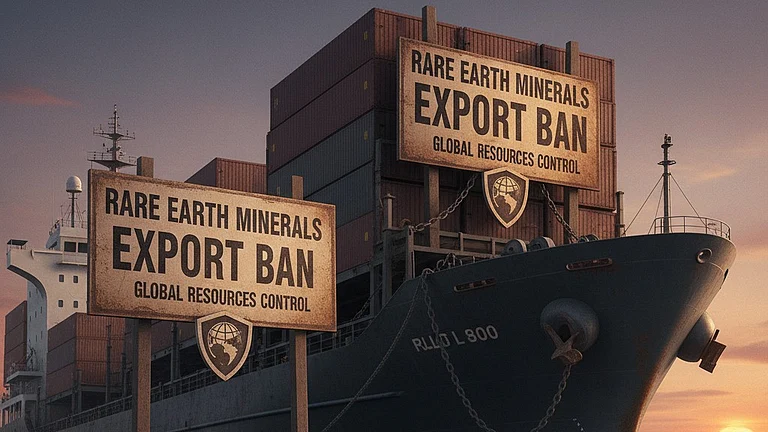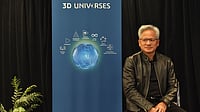
Chara Technologies is riding a wave of demand as global supply shocks push automakers toward rare-earth-free solutions
The start-up is expanding its product offerings and manufacturing capacity as customer interest grows across three-wheelers
Its founder believes the technology’s efficiency, sustainability benefits, and lower geopolitical risk give it a long runway for growth
When global tariffs and China’s export controls shook the EV supply chain, Bengaluru-based Chara Technologies has seen its client conversion rate leap from 10% to approximately 50% in the past few months. The start-up develops motors and controllers without using rare-earth elements.
The platform has also raised ₹52 crore in a Series A round led by Arkam Ventures, with participation from Exfinity Venture Partners, Kalaari Capital, and IIMA Ventures. Chara has planned to use the funds to expand manufacturing capacity, and accelerate new product development.
It also plans to introduce new product lines, including lighter, higher-speed motors and industrial variants, and strengthen its capabilities in controls, algorithms, and system efficiency.
“Rare-earth free motors deliver comparable torque, power, and efficiency to rare-earth motors. When it comes to the efficiency, rare-earth free motors perform better. Due to this advantage, we see about 5-10% range improvement for the same vehicle and battery,” Chara Technologies founder and CEO Bhaktha Keshavachar told Outlook Business.
However, Keshavachar said that these motors are 15% heavier and larger in size than the usual ones. Citing an example, he explained that a rare-earth free motor weighs approximately 18 kilograms if a normal motor used in a three-wheeler auto weighs about 15 kilograms.
Even with these size and weight differences, the founder stated that the technology is witnessing strong adoption in the market, especially in three-wheeler segment --- both passengers and cargo. “There is also a growing use in off-highway and industrial applications like loaders, forklifts, campus vehicles, agricultural and industrial equipment”.
Road to Scale
The company's pipeline has expanded not only because of market urgency but also due to global concerns around sustainability and supply concentration.
“Every ton of rare-earth mined produces nearly 2,000 tons of toxic radioactive waste. On top of that, one country controls almost 90% of the supply chain. These factors are pushing manufacturers worldwide to seek alternatives," said Keshavachar
He further argued that the long-term environmental math also favours its approach. "Considering manufacturing emissions, lifetime use and recyclability, rare-earth-free motors score better — especially since rare-earth magnets aren’t recyclable today,” he shared.
The founder's estimates suggest that shipping 500,000 motors by 2030 could deliver a carbon impact equivalent to planting one million trees. Still, the road to mass adoption includes structural hurdles. Homologation through ARAI or ICAT adds months to the sales cycle, especially for on-highway vehicles subject to stricter norms.
Western markets further require safety standards like ISO 26262, which India is only beginning to adopt. “The upside is that we design everything in-house — electromagnetics, thermals, mechanics, software — which makes compliance straightforward,” he added.
Chara has also begun engaging with policymakers to push for incentives. “We have asked for a PLI-type scheme or a FAME-like subsidy. Even a temporary program would send a strong signal that this technology is strategically important. While the government’s current focus is magnet manufacturing, officials have acknowledged the start-up’s inputs".
Despite inbound interest from Europe, India remains Chara’s core market, accouunting for nearly 90% of its customer base. The company expects revenue to grow 6x this year, with plans to scale to a ₹1,500-crore business by 2030 and eventually go public.
“We will stay focused on rare-earth-free technologies. Multiple motor technologies will coexist, but this category has a very large addressable market — with or without geopolitical shocks," he added.


































